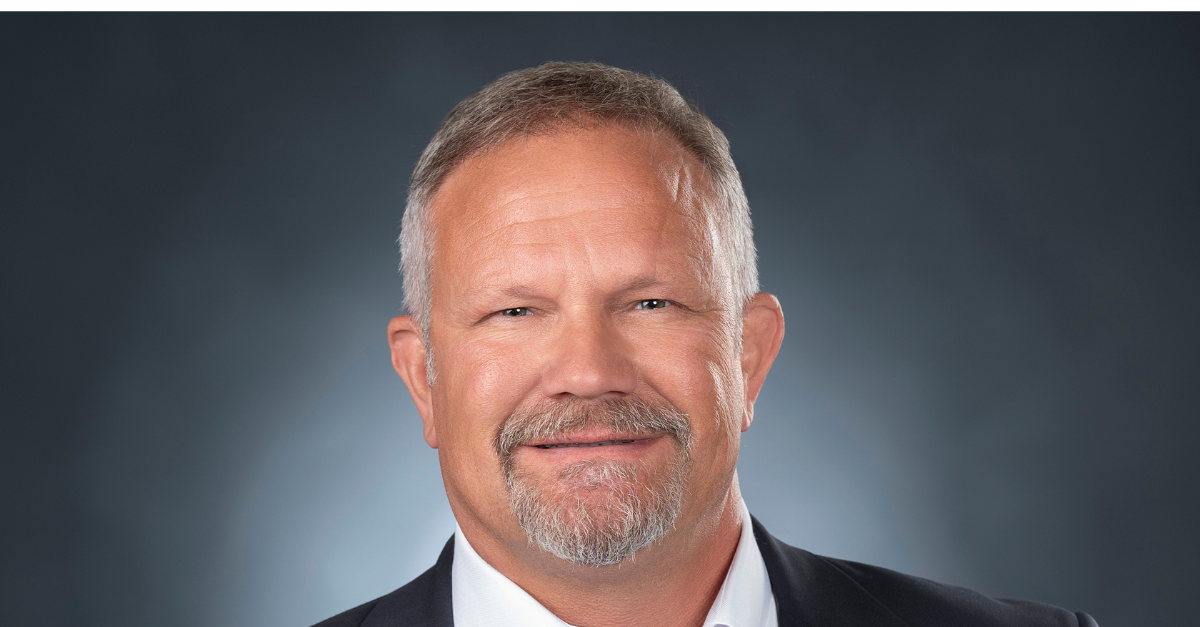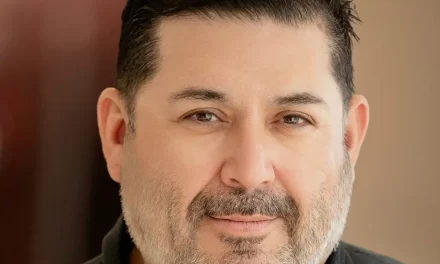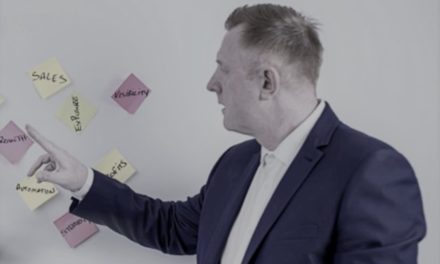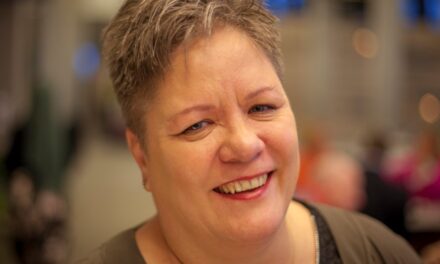Cass Wennlund is an accomplished attorney and the founder of Wennlund & Associates, based in New Lenox, Illinois. With over three decades of legal experience, Cass specializes in civil litigation, real estate, zoning and land use, estate planning, and business law. Known for his client-focused approach, he is committed to providing practical, high-quality legal solutions tailored to meet the unique needs of individuals and businesses.
Beyond his legal practice, Cass serves as the New Lenox Township Supervisor, a role that underscores his deep commitment to community leadership and public service. In this capacity, he advocates for vibrant economic development, transparent governance, and initiatives that enhance the quality of life for local residents.
A native of New Lenox, Cass’s connection to his hometown is a cornerstone of his career. He views the law not just as a profession but as a tool to empower individuals and strengthen communities. Cass is also dedicated to mentoring the next generation of legal professionals, sharing his insights and fostering a culture of integrity and service.
In his personal life, Cass Wennlund enjoys spending time with his family and pursuing outdoor activities. He values balance, lifelong learning, and giving back to the community that has shaped him.
What inspired you to pursue law, and how did your early experiences shape your approach to the profession?
I was drawn to law because I saw it as a way to make a tangible difference in people’s lives. Growing up in New Lenox, I witnessed the challenges small businesses and families faced when navigating legal issues without adequate support. My early exposure to community-oriented values instilled a strong sense of responsibility in me. Watching my father, a pillar in the community, taught me the importance of integrity and service. These experiences shaped my approach to law—not just as a profession, but as a tool to empower others and foster equity.
How has your role as a Township Supervisor complemented your legal career?
Serving as Township Supervisor has deepened my understanding of community needs beyond individual cases. It’s a role that requires balancing practical governance with long-term vision. The skills I’ve honed as an attorney—negotiation, problem-solving, and strategic planning—translate well into leadership. It’s also a two-way street; my legal background helps me approach township issues with a nuanced perspective, while my community work gives me insight into the broader impact of legal decisions.
What does leadership mean to you, and how do you embody it in your practice?
To me, leadership is about setting an example through action, fostering collaboration, and maintaining transparency. At Wennlund & Associates, I emphasize excellence and encourage my team to voice their ideas. I believe great leaders build trust by being present and approachable. Leadership isn’t about having all the answers—it’s about guiding others toward solutions and empowering them to succeed.
What has been one of the most rewarding cases you’ve worked on, and why?
One case that stands out involved a local family business facing an unjust property dispute. They were at risk of losing their livelihood due to misinterpreted zoning laws. It required intense research, strategic negotiation, and a clear presentation in court. We ultimately won the case, preserving their business. Seeing their relief and gratitude reminded me why I chose this path—to be a voice for those who might otherwise go unheard.
How do you approach mentorship in your career, and why is it important to you?
Mentorship is one of the most fulfilling aspects of my work. I see it as a way to pay forward the guidance I received early in my career. Whether it’s advising young attorneys or guiding interns at my firm, I focus on instilling values of integrity, perseverance, and zealous advocacy. Law can be a challenging field, and having someone to guide you through its complexities can make all the difference. Mentorship is also a way to ensure the next generation is equipped to serve their communities effectively.
What role does technology play in your legal practice, and how do you navigate its rapid evolution?
Technology has transformed how we practice law, from case management to client communication. Tools like e-discovery software and AI-assisted research have made the profession more efficient, but they also require continuous learning. At my firm, we embrace technology but remain cautious about preserving the human element. No tool can replace the empathy and judgment that clients rely on. Balancing innovation with tradition is key.
What advice would you give to lawyers who aspire to become leaders in their communities?
Start by actively engaging with your community. Attend local meetings, volunteer, and listen to the concerns of your neighbors. Leadership begins with understanding the people you want to serve. As you build relationships, look for ways your legal expertise can address community challenges. Most importantly, stay humble and remember that leadership is about service, not power.
How do you balance the demands of your career with your personal life?
Balancing my career and personal life requires intentional effort. I prioritize time with my family, whether it’s through shared meals, outdoor activities, or simple moments of connection. Professionally, I’ve learned the importance of delegation. Trusting my team allows me to focus on what truly matters without feeling overwhelmed. Maintaining this balance keeps me grounded and reminds me of the bigger picture.
Looking ahead, what legacy do you hope to leave in both your professional and personal life?
Professionally, I hope to leave a legacy of integrity, community impact, and mentorship. I want to be remembered not just for the cases I won, but for the lives I improved and the lawyers I inspired. Personally, I hope my children and community members see me as someone who lived with purpose and gave back in meaningful ways. Ultimately, I want my legacy to reflect a life dedicated to justice, service, and compassion.




